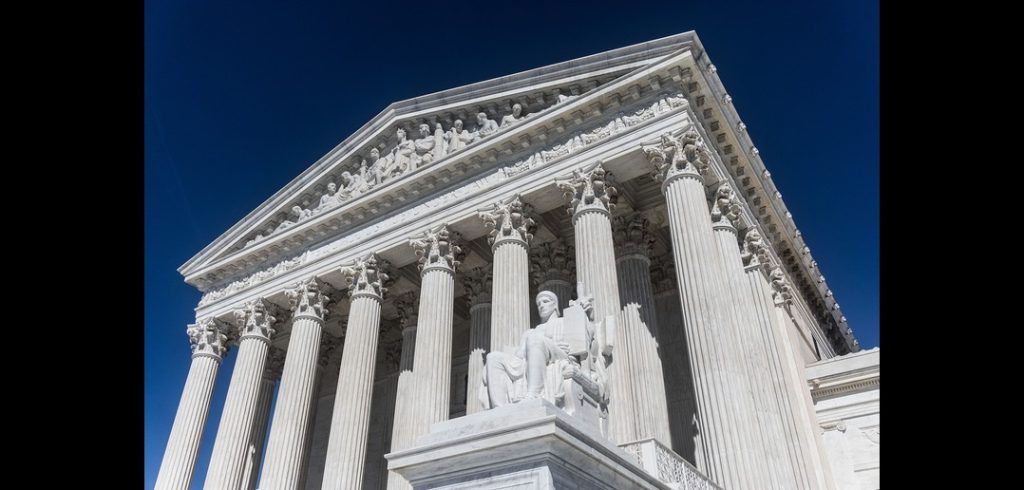Boris Heersink, associate professor of political science, joined On the Record with Steve Scott to break down the Supreme Court’s July 1 decision giving U.S. presidents substantial immunity from prosecution. Listen to the full conversation here.
Heersink said, “The biggest part of it … is that essentially it makes it very unlikely that this particular January 6th case is going to be concluded by the time the election happens. And that’s particularly relevant for two reasons. One, it means that there wouldn’t be a conviction before people vote, which could be relevant to people making up their minds. And two, should Trump actually win the election in November and become president again come January, he’s effectively in charge of the Department of Justice and he can end this prosecution, which means that the entire thing can fall apart.”
“That’s the extremely weird part about this, right? It’s very specifically a Trump case because no other president has ever been prosecuted for things that they’ve done while they were president,” he said. “But the amount of space this provides presidents, regardless of who you support in this election, should kind of terrify. Because essentially anything that a president does as long as it relates to them being president is entirely okay.”
“Lots of things fall into the category of something that theoretically the president could be doing as president. And this ruling today essentially means that it doesn’t matter how clearly legal that is, they can never be prosecuted for it.”


